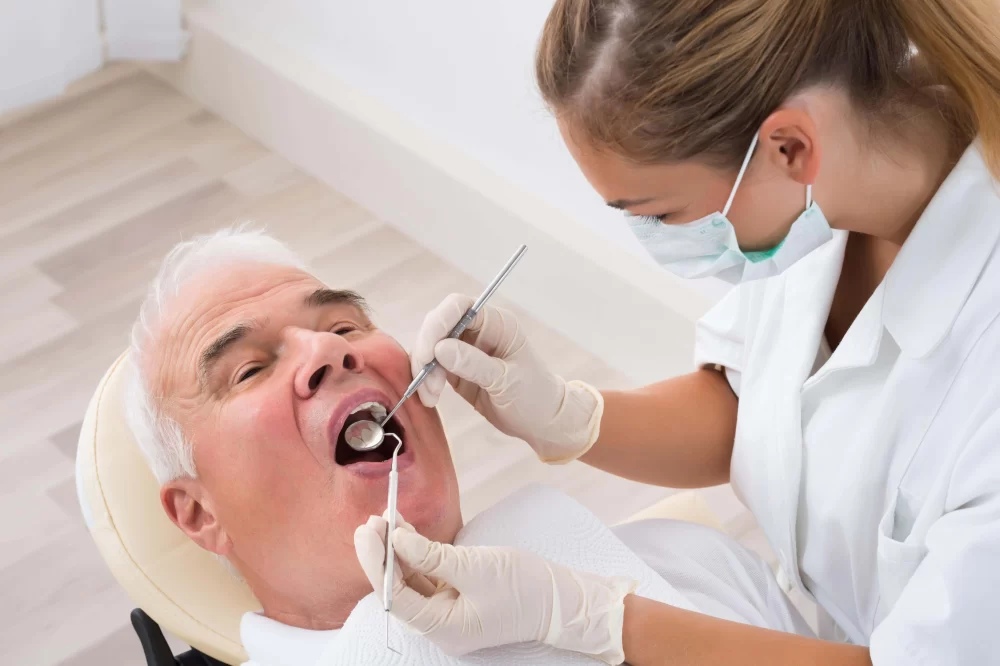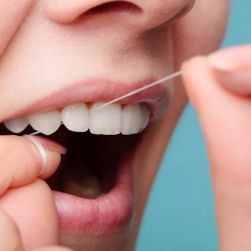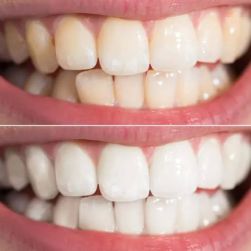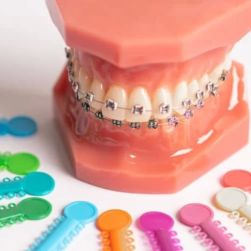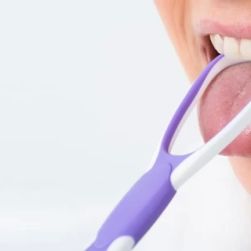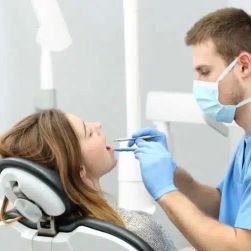Managing Toothaches and Dental Issues in Seniors: A Comprehensive Guide
As we age, it’s not uncommon to face dental challenges that were less of a concern in our younger years. I’ve seen firsthand how toothaches and other dental issues can impact seniors' quality of life. Whether it's dealing with pain, discomfort, or the complexities of aging teeth, it can be tough. But as someone who has been through the process of caring for a senior loved one with dental issues, I’ve learned that there are practical steps to manage these problems effectively. In this article, I’ll share my personal experiences and tips on how to deal with toothaches and other dental issues in seniors.
1. Common Dental Problems in Seniors
Seniors often face a variety of dental issues that can affect their overall health and well-being. From cavities to gum disease, these problems can sometimes go unnoticed until they become more severe. After watching my elderly mother struggle with tooth sensitivity and discomfort, I became acutely aware of how common these issues are and how important it is to address them early. Here are some of the most common dental problems seniors face:
1.1 Tooth Sensitivity
One of the most frequent complaints I hear from older adults is tooth sensitivity. This can be particularly painful when eating hot or cold foods and drinks. My mother, for example, experienced significant discomfort when drinking her morning coffee. Tooth sensitivity often arises from worn-down enamel or gum recession, which becomes more common as we age. When I noticed my mom’s discomfort, I made sure to consult her dentist about using toothpaste designed for sensitive teeth, which provided significant relief.
1.2 Gum Disease
Gum disease is another issue that affects many seniors. This condition, which ranges from mild gingivitis to more severe periodontitis, can lead to tooth loss if not properly managed. In my case, I saw how untreated gum disease led to my father needing a tooth extraction in his later years. Bleeding gums, bad breath, and gum recession are all signs that gum disease may be present. I quickly learned that regular dental checkups and proper brushing techniques were essential in preventing further damage.
1.3 Tooth Decay and Cavities
Even though seniors may have fewer teeth left, tooth decay remains a prevalent issue. As people age, their teeth become more vulnerable to cavities due to factors like dry mouth, medications, or poor oral hygiene. I witnessed this firsthand with my grandmother, who developed cavities in her remaining teeth due to neglecting her oral care. Keeping up with routine dental visits can help prevent decay from taking hold, and if cavities do develop, catching them early can prevent them from becoming more serious.
1.4 Dry Mouth
Dry mouth, or xerostomia, is a common problem among seniors, often caused by medications or certain medical conditions. It can make speaking, swallowing, and even eating difficult. I remember how my elderly uncle struggled with dry mouth after being prescribed medication for hypertension. His dentist suggested using saliva substitutes and drinking plenty of water to manage the condition, which made a big difference in his daily life.
2. What to Do When a Senior Experiences Toothache or Dental Pain
Toothaches in seniors can be particularly challenging, especially when the pain disrupts their ability to eat, speak, or sleep. In my experience, managing tooth pain in older adults requires a combination of immediate relief measures and long-term dental care. Here are a few steps I took to help manage my loved one’s toothaches and other dental discomforts:
2.1 Immediate Relief for Toothaches
When a senior experiences a toothache, the first step is to try to alleviate the pain until a dentist can be seen. I found that over-the-counter pain relievers like ibuprofen or acetaminophen helped reduce the discomfort temporarily. Applying a cold compress to the outside of the cheek near the painful area can also provide relief, especially if the pain is due to inflammation. However, these methods are only temporary solutions, and it’s important to schedule a dental visit as soon as possible.
2.2 Rinsing with Saltwater
One effective home remedy I used for my father’s toothaches was rinsing with warm saltwater. This simple solution can help reduce inflammation and kill bacteria, which is particularly useful if the pain is caused by an infection or gum irritation. I encouraged my father to rinse his mouth with saltwater a few times a day until we could get him into the dentist’s office. It’s a gentle, low-cost option for managing discomfort before professional care.
2.3 Avoiding Certain Foods and Drinks
While dealing with a toothache, it’s important to avoid certain foods that could aggravate the pain. I advised my mother to steer clear of extremely hot or cold foods and beverages, as well as hard or crunchy items that could exacerbate tooth sensitivity. Soft, lukewarm foods like soups and mashed potatoes are gentler on sensitive teeth, and this adjustment helped my loved ones feel more comfortable while they waited for treatment.
3. Preventing Future Dental Issues in Seniors
While addressing toothaches and other immediate dental issues is crucial, prevention is key when it comes to long-term oral health. I’ve learned that staying proactive about dental care can help seniors avoid many of the common problems that come with aging. Here are a few strategies that worked for me and my family:
3.1 Regular Dental Checkups
One of the most important things I’ve done to maintain my loved ones’ oral health is scheduling regular dental checkups. Even if there are no visible signs of issues, routine exams help catch problems early, making treatments more effective and less invasive. For seniors, having a dental checkup every six months is vital in monitoring the health of remaining teeth, gums, and any dental work such as dentures or implants.
3.2 Proper Oral Hygiene Practices
Proper brushing and flossing are essential, especially for seniors who may have multiple health conditions or use dentures. I made sure my parents and grandparents used soft-bristled toothbrushes and fluoride toothpaste to prevent gum irritation and cavities. Using an electric toothbrush can also help seniors with arthritis or limited mobility maintain effective brushing. I also learned that incorporating a mouthwash specifically for seniors, which helps fight dry mouth and bacteria, can further protect oral health.
3.3 Hydration and Moisturizing for Dry Mouth
As I mentioned earlier, dry mouth can be a significant issue for many seniors. To combat this, I encouraged my loved ones to stay hydrated and use saliva substitutes, such as mouth sprays or gels, which help keep the mouth moist. Regularly sipping water and chewing sugar-free gum can also stimulate saliva production. These small but effective practices helped relieve the discomfort associated with dry mouth.
4. The Role of Dentists in Senior Oral Care
Finding a dentist who specializes in treating seniors or who has experience working with older adults can make a world of difference. My mother’s dentist took the time to understand her unique needs, from managing her medications to adjusting treatments based on her age. I highly recommend seeking out a dentist who not only provides excellent care but is also compassionate and patient with the elderly. It’s important for seniors to feel comfortable and heard during dental visits.
4.1 Specialized Care for Seniors
Some dental offices offer specialized services for seniors, such as treatments for dry mouth, dentures, or implants. I found that selecting a dentist who could offer a comprehensive range of services helped ensure that my loved ones’ dental needs were met in one place. Whether it’s a routine cleaning or more specialized care, a dentist who understands the challenges seniors face is an invaluable resource for maintaining good oral health.
5. Addressing Dental Anxiety in Seniors
Dental anxiety is common among seniors, particularly those who have had negative experiences with dental treatments in the past. I’ve learned that gentle, patient care can go a long way in easing these fears. My grandmother, for example, was terrified of the dentist after a bad experience as a child. Her dentist made sure to explain each step of the process, and over time, she became more comfortable visiting for routine care. If your senior loved one struggles with dental anxiety, it’s important to find a dentist who is understanding and able to make the experience as stress-free as possible.

